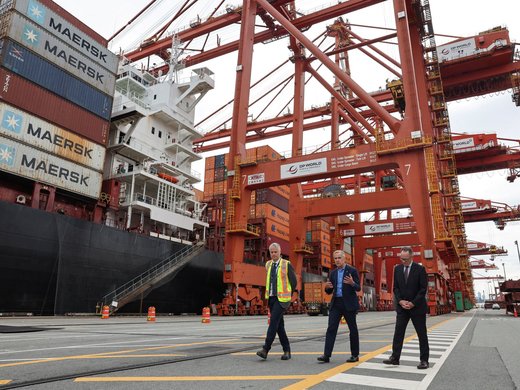Canada, together with its North American Free Trade Agreement (NAFTA) partners the United States and Mexico, has responded to a variety of criticisms that have been levelled against Chapter 11, Part B, of NAFTA, which establishes the right of foreign investors from the three countries to claim damages by way of arbitration for alleged violations of Chapter 11, Part A. These responses have fallen short of actual amendment of NAFTA, but they have changed the way investor-state arbitration (ISA) is being practised by taking significant steps toward more transparent procedures. Canada and the United States have also made significant strides toward responding to criticisms of the substantive standards of protection of foreign investors by changing the drafting of their respective model bilateral investment treaty or foreign investment protection agreement and by incorporating different formulations of these standards in subsequent trade and investment treaties such as the Trans-Pacific Partnership Agreement. Canada’s acceptance in the Comprehensive Economic and Trade Agreement of the European Union’s proposal for a standing tribunal to replace ad hoc arbitration constitutes another significant response to the critics of ISA.


